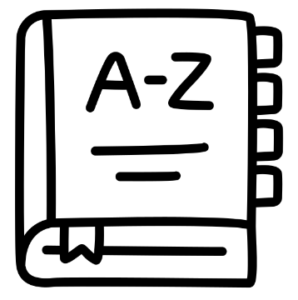
General
A
Attainment: A student’s level of achievement or success in their learning. This can be measured through tests, exams, teacher assessments, or coursework.
C
Character Education: Teaching children positive character traits so that they can become the best versions of themselves and develop into responsible, kind, and resilient individuals.
Co-curriculum: The activities and learning experiences that happen outside of traditional classroom lessons. These activities can include things like sports, clubs, and projects that help children develop skills and interests beyond their academic subjects.
CAT test: Cognitive Ability Tests: Test a child’s natural aptitude and potential to learn, and to stream overall or set for certain subjects. They are designed to assess a pupil’s ability in three different areas: verbal (thinking with words); quantitative (thinking with numbers); and non-verbal (thinking with shapes and space).
Cross Curricular: When teachers draw links and make connections between different subjects or topics to help children see how they are related. For example, when a maths lesson involves reading a story or when a science project includes drawing pictures.
D
DBS: Disclosure and Barring Service. A criminal record check that anyone employed by a school or educational setting needs to undertake.
DfE: Department for Education is responsible for children’s services and education, including Pre Prep and early years, schools, higher and further education policy, apprenticeships and wider skills in England.
E
EHCP (Educational Health Care Plan) – An education, health and care plan is a document that states what support a child or young person who has special educational needs should receive.
EBD: Emotional and Behavioural Difficulty
ELSA: Emotional Literacy Support Assistant works in partnership with the children, families and class teachers to ensure the well-being of our children
Extended Care: The additional childcare services that the school provides before or after normal school hours. This typically includes a breakfast club before school or after school activities.
Entrance examination: Examination or essay test set by an institution to assess an applicant’s academic ability.
I
ICT – information and communications technology. Activities carried out through digital and interactive tools increase student concentration and as a result children assimilate concepts more quickly, enhancing learning.
IAPS – (Independent Association of Prep Schools) An association that represents the headteachers of the UK’s best preparatory schools.
ISI (Independent Schools Inspectorate): The organisation responsible for inspecting independent schools in the UK to monitor if standards are being met.
ISA (Independent Schools Association): An association that represents the headteachers of the UK’s best independent schools.
ISEB: Independent Schools Examinations Board provides the most well-known and respected examinations and assessments for pupils transitioning from Prep to senior school.
ISP: Individual Support Plan document that outlines your child’s learning goals for the school year and says how the school will help
INSET – in-service education and training. A day when teachers go into school without any children present in order to undertake uptodate training and planning etc.
L
Learner Profiles: Our Learner Profiles promote a number of key skills, and are incorporated into all areas of school life. Our pupils are encouraged to be creative, team players, resilient, independent, risk takers, and reflective.
Lower Prep: encompasses Years 1-3 at Weston Green School
P
Pastoral Care: The support schools provide to ensure the physical, social, and emotional well-being of its pupils. Examples of this include counselling services, bullying prevention, mentoring, and guidance.
Pedagogy: The methods and techniques teachers use to help children learn effectively. It is how teachers teach.
PRE: Philosophical and Religious Education
Pre Prep: covers Nursery, Kindergarten and Reception at Weston Green School
PSHE: Personal, Social, Health and Economic Education
Pupil Voice: When pupils contribute their opinions on school life and are listened to by adults in the school. They have an active role in making decisions and implementing changes.
R
Residential – Overnight field trip that children go on as part of their studies. Children usually have to do practical work and teamwork activities while on the trip.
S
Scholarship – Financial award given to support a child’s education. It is often awarded on the basis of academic, sporting or creative achievement.
SEND – Special Educational Needs and Disabilities.
SENCo (Special Educational Needs Coordinator): An experienced teacher who is responsible for overseeing how the school delivers support to pupils with special educational needs and disabilities. They are a key point of contact for colleagues and parents and are also involved in the identification of children with special educational needs.
SLT (Senior Leadership Team): The senior leadership team is responsible for running the school. This typically consists of the Headteacher, Deputy headteachers, Assistant Headteachers, Heads of Departments, Heads of Year, SENCo.
STEM – Science, Technology, Engineering, and Mathematics
U
Upper Prep: encompasses Years 4-6 at Weston Green School
V
Values Tree – bespoke to Weston Green School where we nurture the individual talents and personalities of every pupil so they become adaptable, aspirational, curious, gracious, honest and respectful.
Pre Prep and starting school 
B
Blending: This is a skill your child learns in their phonics lessons to help them learn how to read and write. It involves taking small sounds and blending them together to form a word. For example, the sounds f-l-a-p, blended together, reads “flap.”
E
EYFS (Early Years Foundation Stage): The EYFS is a statutory set of guidelines for schools and childcare providers, outlining how children aged 0-5 should learn and be cared for. Schools use it to refer to children in their care from nursery to reception.
Enquiry-based Learning: When your child learns by asking questions and exploring their curiosity. It’s like when they wonder about something and then go on a little quest to find out more. This way, they become really good at finding answers and understanding the world.
F
Fine Motor Skills: These are the little movements your child makes with their hands and fingers. It’s like when they learn to hold a pencil, use scissors, or do up buttons. These skills help them do things like writing, drawing, and getting dressed.
G
GLD (Good Level of Development): When a child has reached the expected level of development in the core strands of the Early Years curriculum.
Gross Motor Skills: These are the big movements your child makes with their arms, legs, and body. It’s like running, jumping, or riding a bike.
P
Phonics: A method of teaching children how to read and write by focusing on the sounds and letters that form words. By knowing the sounds of letters, children can blend these sounds to form and decode words.
PSED – personal social and emotional development
S
Segmenting – This is a skill your child learns in their phonics lessons to help them learn how to read and write.It involves breaking a word up into its individual sounds. For example, the word ‘flap’ is segmented into sounds f-l-a-p.
 Prep
Prep
11 plus
11+ is a selective entrance exam for senior school consisting of Maths, English, as well as Verbal and/or Non Verbal Reasoning
C
Common entrance exams – A set of assessments often included in selective admissions processes at senior schools. These test children’s knowledge, skills and understanding, as well as their readiness for senior schools. These can be taken at 11+ or 13+.
Critical Thinking: The skill of analysing a situation objectively and pinpointing the best action to take. Emphasises creativity and problem-solving skills.
E
Endeavour Award Scheme – co-curricular progressive award scheme which recognises children’s achievement in and out of school. Similar to Duke of Edinburgh Award scheme.
F
Future Schools Programme – preparing and supporting children in their educational journey to senior school.
G
Growth mindset: we believe most abilities can be developed through effort, learning and persistence . This view instils a love of learning and a resilience that is essential for great achievements.
H
Humanities – covers a broad spectrum of subject areas: History, Geography, Religious Education, & Citizenship.
L
LAMDA – London Academy of Music and Dramatic Art: a recognised private exam studying acting, musical theatre and poetry.
N
Non-Verbal Reasoning: Solving problems and puzzles based on images, diagrams, and shapes, rather than words. This assesses children’s ability to analyse visual information and recognize patterns.
O
Oracy: The ability to express yourself clearly, fluently, and eloquently. It is about how your child is able to speak and communicate effectively with others.
V
Verbal Reasoning: Solving problems and puzzles based on images, diagrams, and shapes, rather than words. This assesses children’s ability to analyse visual information and recognise patterns.

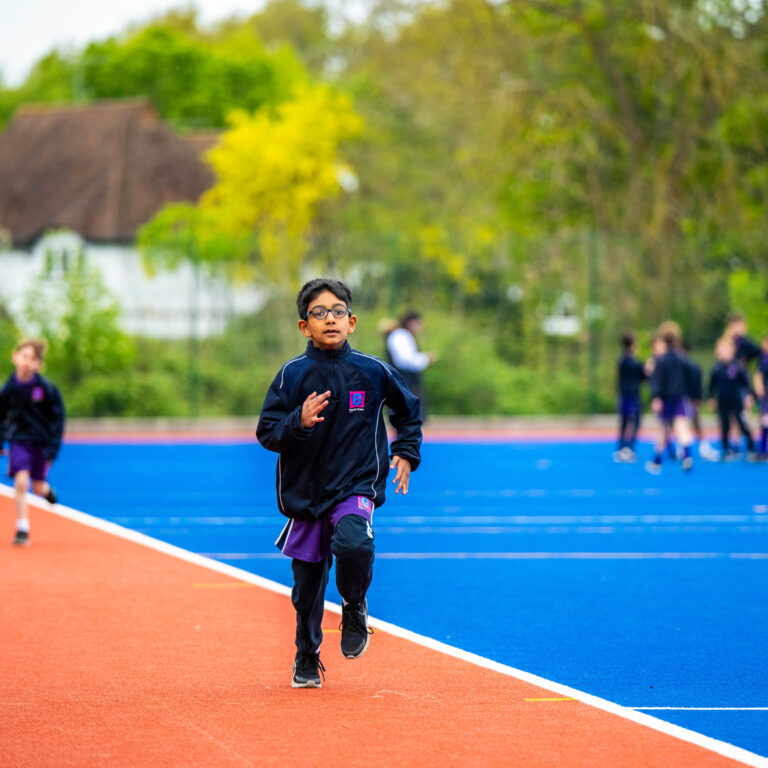
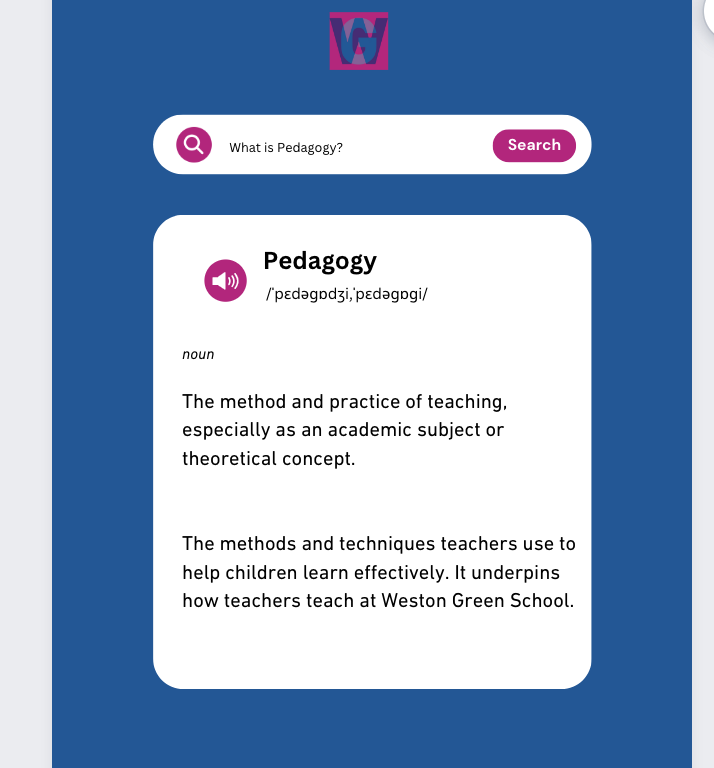
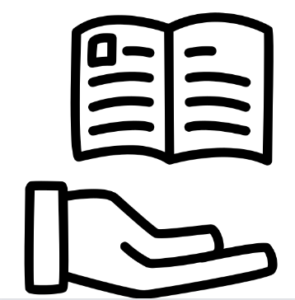
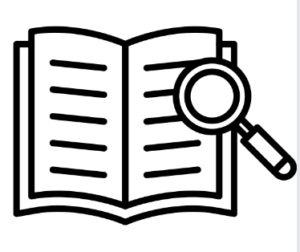 Prep
Prep 